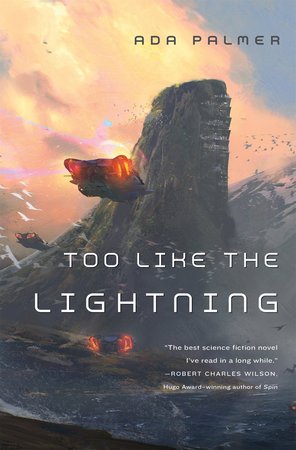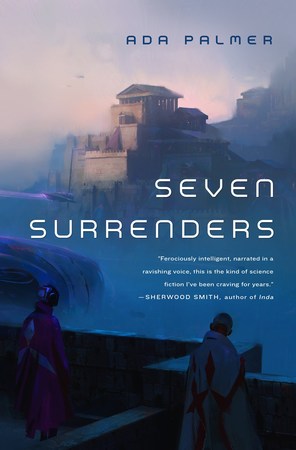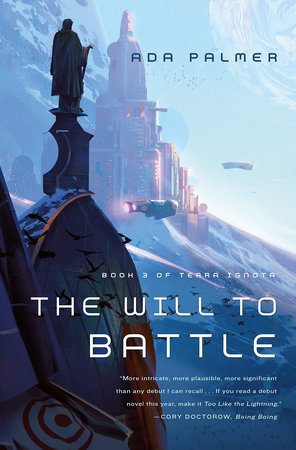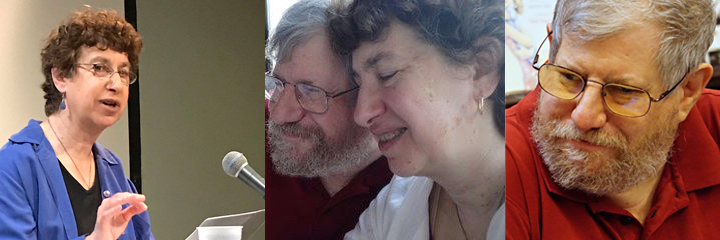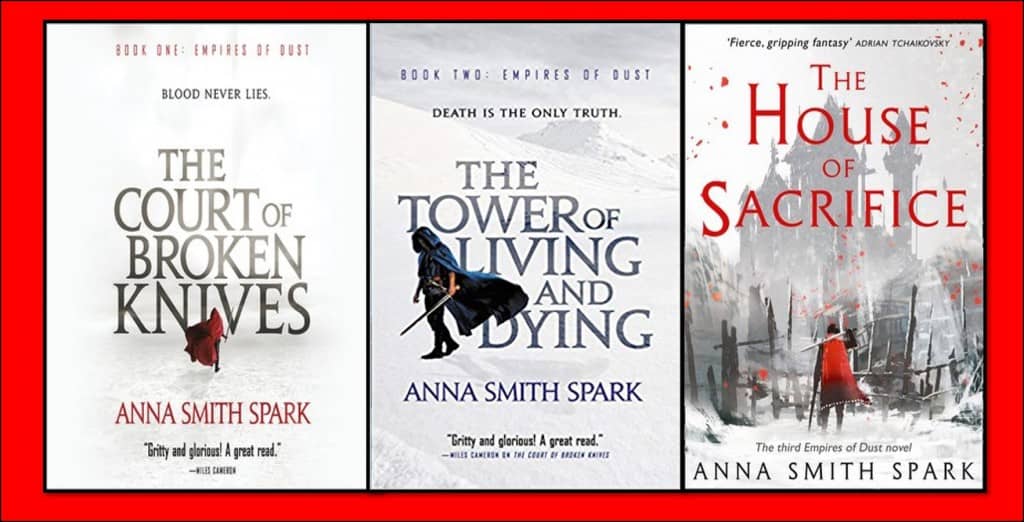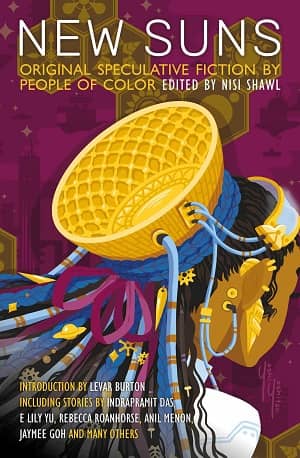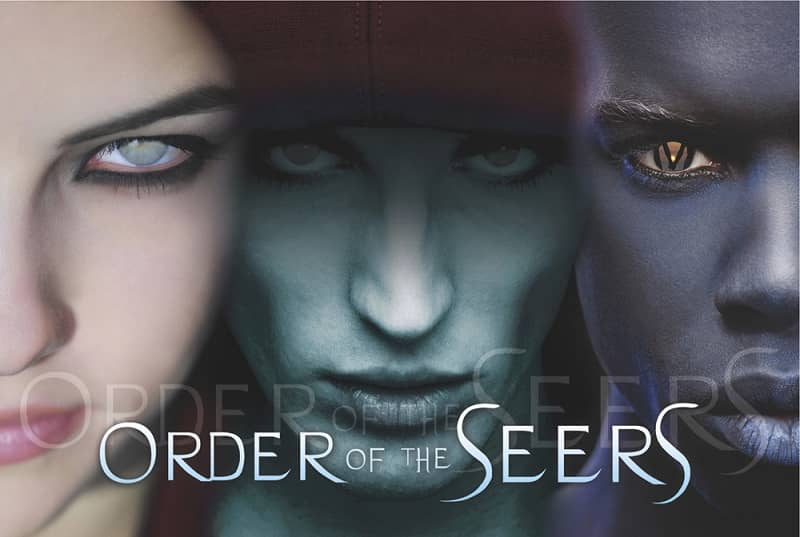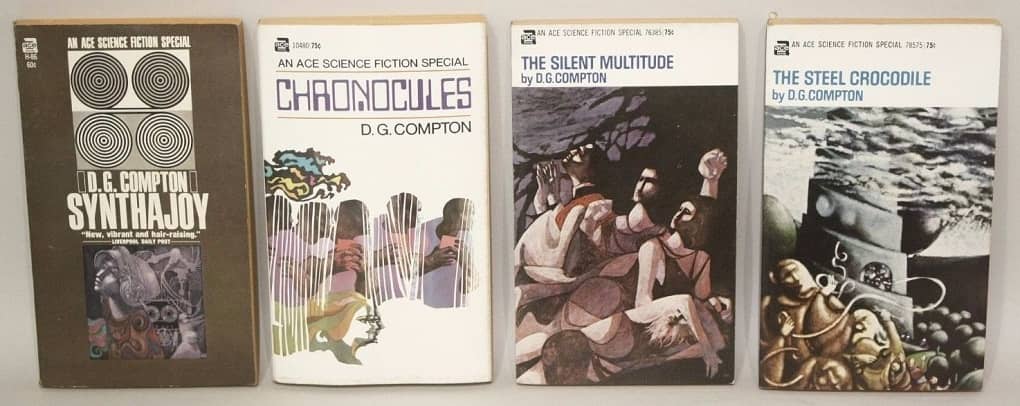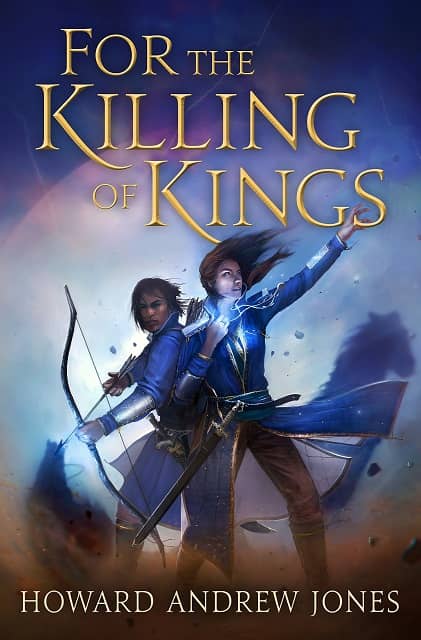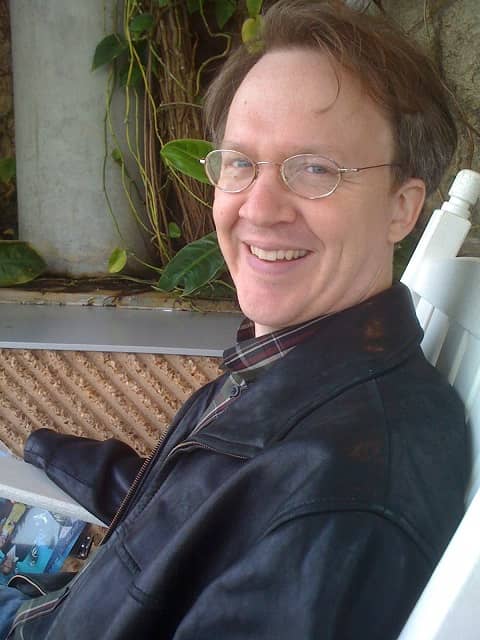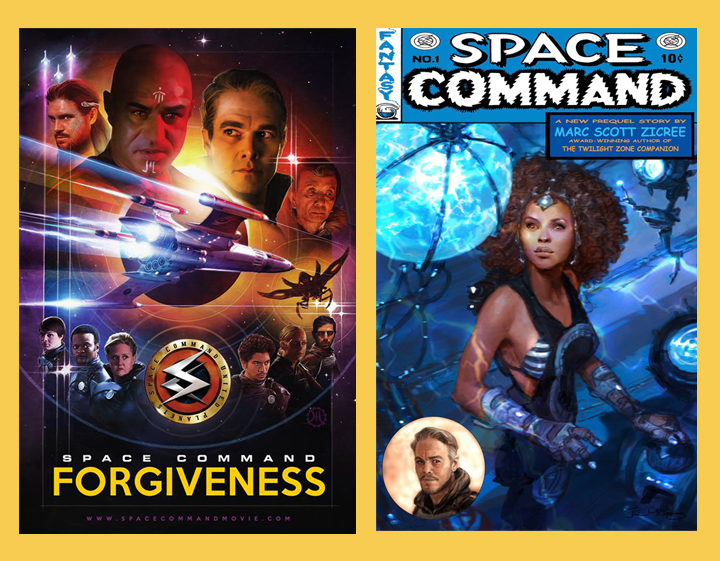Torg Eternity: The Aysle Sourcebook Interview
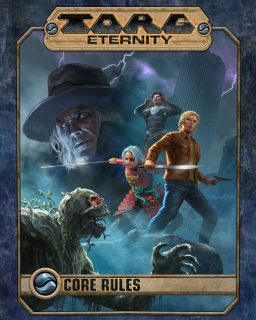 About a year ago I reviewed Torg Eternity, the reboot from Ulisses Spiele of the Torg tabletop role-playing game. I loved the original, one of the most wildly imaginative settings I’ve ever seen, and found the new version kept the best parts of the old Torg while making the mechanics smoother (I wrote up a session here). The game imagines our world attacked by other realities, each based on a different genre of fiction, which invade by making parts of our world operate according to their rules — increasing or decreasing the level of technology, adding magic or psionics or manifestations of the gods, and subtly encouraging people to behave in ways appropriate to their genre.
About a year ago I reviewed Torg Eternity, the reboot from Ulisses Spiele of the Torg tabletop role-playing game. I loved the original, one of the most wildly imaginative settings I’ve ever seen, and found the new version kept the best parts of the old Torg while making the mechanics smoother (I wrote up a session here). The game imagines our world attacked by other realities, each based on a different genre of fiction, which invade by making parts of our world operate according to their rules — increasing or decreasing the level of technology, adding magic or psionics or manifestations of the gods, and subtly encouraging people to behave in ways appropriate to their genre.
Now dinosaurs wander the jungles and mysterious ruins of the North American coasts. A cyberpunk theocracy’s taken over France. India faces colonial gothic horror. Splatterpunk technodemons in Russia have spawned a wasteland north of Moscow haunted by scavengers and monstrosity. East Asia sees zombies and bleeding-edge technology enveloped in espionage schemes. A maniacal pulp-era supervillain’s launched a New Nile Empire based in Egypt, opposed by masked Mystery Men. And in England and Scandinavia, wizards and elves and dragons are caught in a war between Light and Dark.
In the last year, two wildly successful Kickstarter campaigns have launched sourcebooks covering specific realms: first the lost-world realm of the Living Land, then the pulp reality of the Nile Empire. Now a third campaign has begun, for the sourcebook covering the fantasy realm of Aysle. I interviewed the Torg Eternity design team about the new book, how it approaches the fantasy genre, and what gamers can expect.
